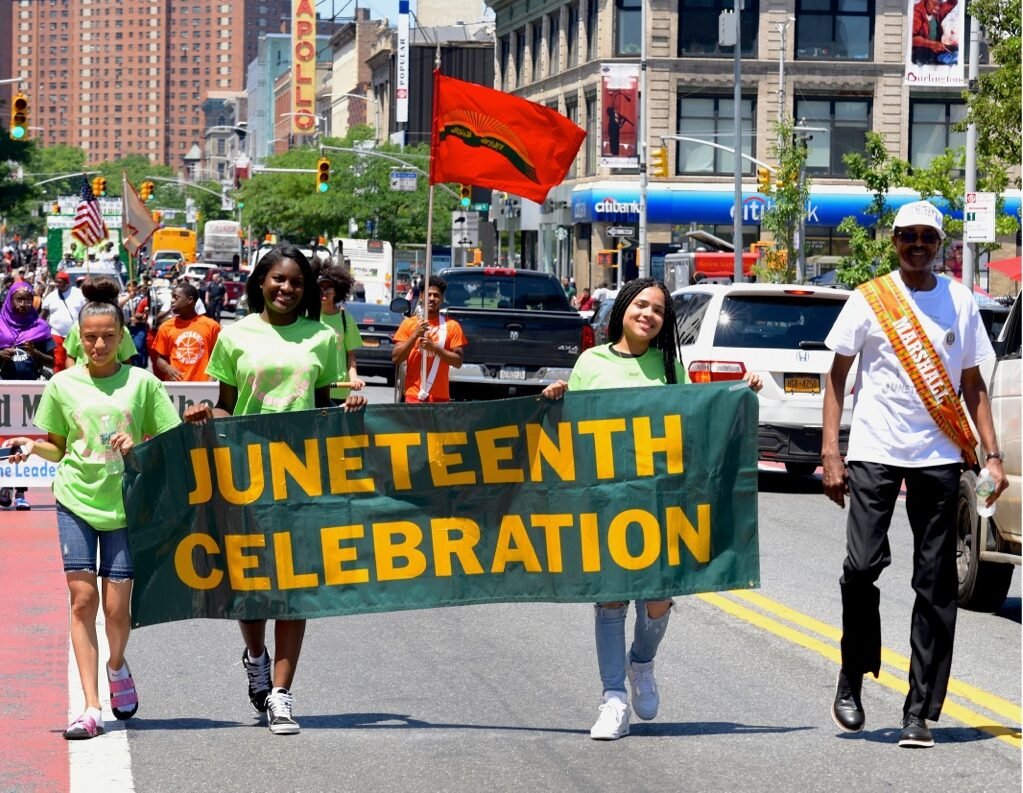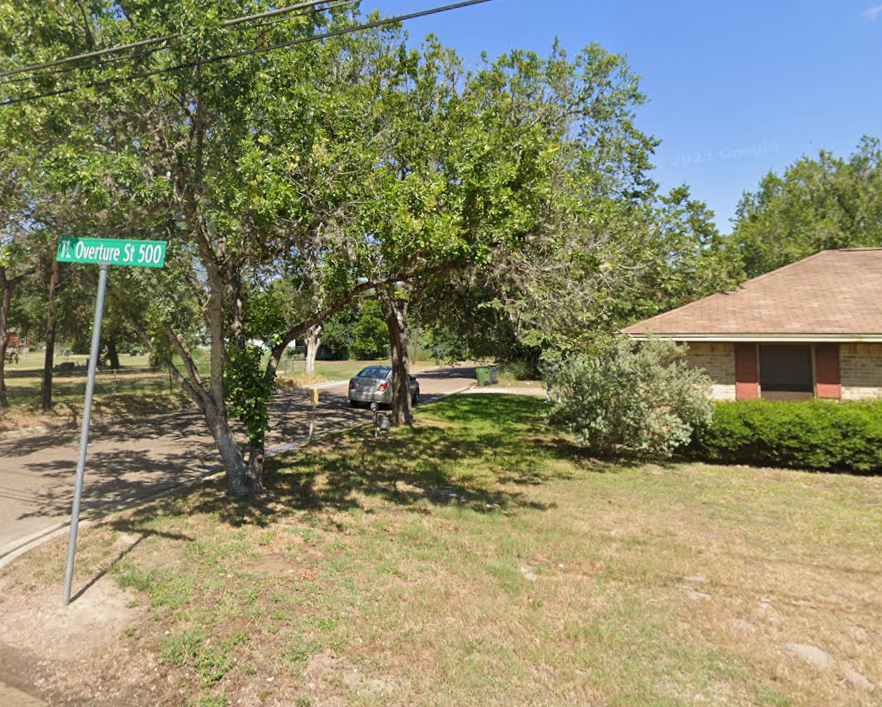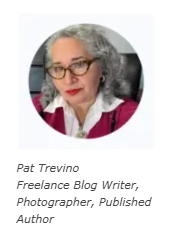By Pat Trevino
June 19th is not just another date on the calendar—it’s a day that reshaped the moral compass of a nation. Known as Juneteenth, this day commemorates the moment in 1865 when Union troops arrived in Galveston, Texas, to enforce the Emancipation Proclamation—over two years after it had been issued. For many enslaved African Americans in Texas, freedom did not come with the stroke of Lincoln’s pen, but with the marching of boots on Southern soil. Juneteenth stands as a powerful symbol of delayed justice and hard-won liberty.
Across the country, cities celebrate this holiday with parades, educational events, and cultural festivals—gatherings that honor the legacy and perseverance of Black Americans. In Cuero, however, observance appears quieter. While city offices close in recognition of Juneteenth as a paid holiday, there are no official events or commemorative programs marking the occasion. It’s a subtle contrast—acknowledging the holiday on paper without visibly embracing the opportunity to engage with its meaning.
That said, history has a way of whispering even when the present stays silent. Take, for example, T. L’ Overture Street, right here in Cuero. The street bears the name of Toussaint L’ Overture—known as “the Black Napoleon”—whose leadership transformed a French colony of enslaved people into the first Black republic: Haiti. T L’ Overture’s military brilliance and steadfast vision of liberty sent shockwaves through the institution of slavery across the Americas. It is no small thing that such a figure is honored in the naming of a Cuero street.

One wonders whether those who chose that name fully appreciated the historical weight it carried. Perhaps our city’s early leaders understood the radical dignity T L’ Overture represented. Or perhaps, over time, the name has outlasted awareness of its origins. Either way, the presence of T. L’ Overture on our city map feels like a quiet nod to a legacy of freedom fighters—a legacy Juneteenth asks us to remember loudly and clearly.
So as we reflect on this national holiday, let’s consider what it means not only to acknowledge freedom with a day off but to celebrate it with intention. Recognition without reflection misses the point. Cuero’s history, like that of the nation, is layered and complex. And perhaps in that complexity lies the opportunity—to learn, to honor, and maybe even to do better by those who came before us.




Well said, thank you for sharing this thoughtful and informative article regarding Juneteenth. I feel pretty ignorant acknowledging this, but I had no idea about why we celebrate Juneteenth, nor did I know about T.L. Overture or that we had a street in Cuero recognizing such an iconic historical figure.